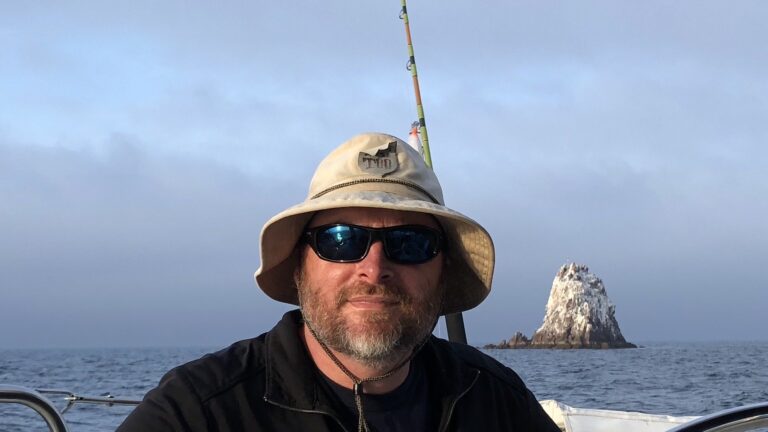Capone, Douglas
William and Julie Wrigley Chair in Environmental Studies and Professor of Biological Sciences
Douglas G. Capone received his Ph.D. in Oceanography from the Rosenstiel School of Marine and Atmospheric Sciences of the University of Miami (Fl) in 1978. He joined the faculty of the Marine Sciences Research Center of Stony Brook University (NY) in 1979 and the Center for Environmental Science of the University of Maryland in 1987. Since 1999, he has held the Wrigley Chair of Environmental Biology at the University of Southern California and is currently Chair of the Department of Biological Sciences. He is a Fellow of the American Academy of Microbiology and the American Association for the Advancement of Science. His research focuses on the role and importance of marine microbes in major biogeochemical cycles, particularly those of nitrogen and carbon, both from the perspective of the fundamental ecology of these ecosystems and their physical, chemical and biotic factors controls.
Link to personal faculty page
E-mail: capone@usc.edu
Phone: (213) 740-2772
Office: AHF 246
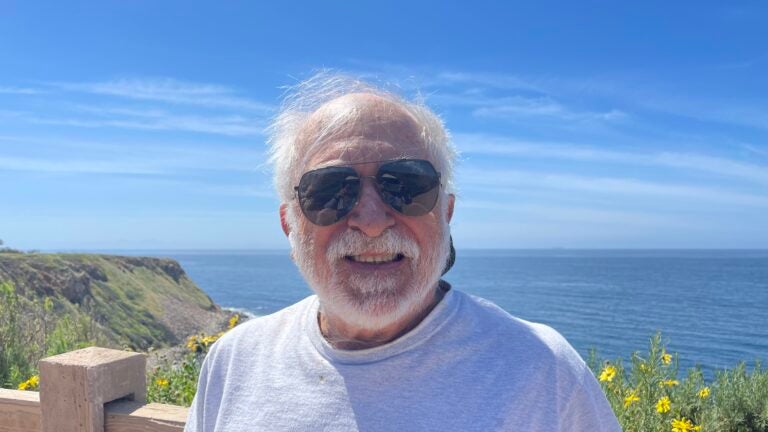
Caron, David
USC Associates Captain Allan Hancock Chair in Marine Science and Professor of Biological Sciences
David A Caron is a Professor in the Marine Environmental Biology section of the Department of Biological Sciences at the University of Southern California. He has degrees in Microbiology (B.S.) and Oceanography (M.S.) from the University of Rhode Island, and in Biological Oceanography (Ph.D.) conferred jointly by Massachusetts Institute of Technology and Woods Hole Oceanographic Institution. His research interests involve marine and freshwater microbial ecology.
Link to personal faculty page
E-mail: dcaron@usc.edu
Phone: (213) 740-0203
Office: AHF 301
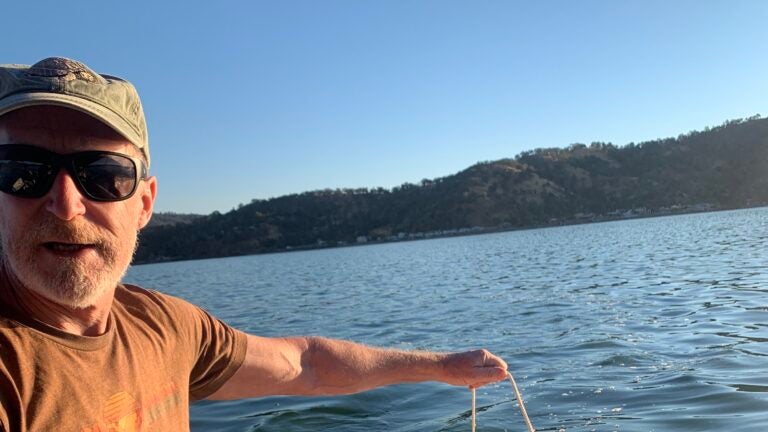
Edmands, Suzanne
Professor of Biological Sciences
The Edmands Lab studies conservation, population and evolutionary genetics using a combination of fieldwork, molecular genetic analyses and controlled breeding programs. Much of our current work involves using the tidepool copepod Tigriopus californicus as a model for understanding the genetic basis of fundamental biological processes including reproductive isolation, environmental stress tolerance and aging. Our lab also studies temporal and spatial genetic variation in organisms of concern for conservation and management, including current work on genetics and evolution of the island fox.
Link to personal faculty page
E-mail: sedmands@usc.edu
Phone: (213) 740-5548
Office: AHF 130
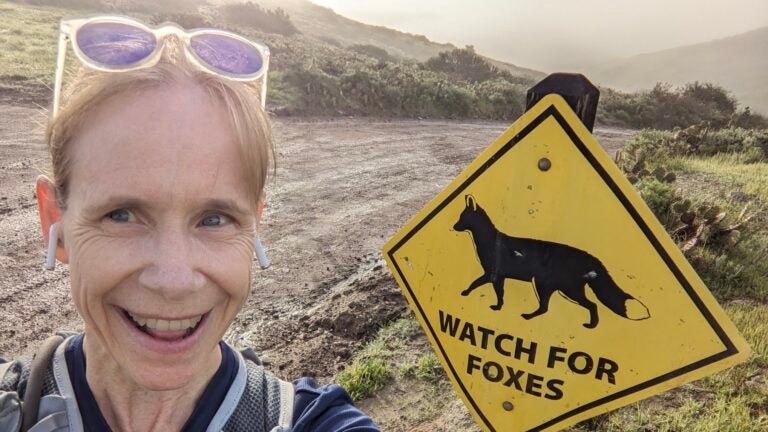
Fuhrman, Jed
McCulloch-Crosby Chair in Marine Biology and Professor of Biological Sciences
Professor Fuhrman researches the roles of microorganisms in natural marine ecosystems and the cycling of matter in the ocean, from the microscopic scale to the global scale. He also measures human pathogenic viruses at recreational beaches as a potential health hazard, and works on innovative ways to make such measurements relatively easy and inexpensive.
Link to lab website
Link to personal faculty page
E-mail: fuhrman@usc.edu
Phone: (213) 740-5757
Office: AHF 211
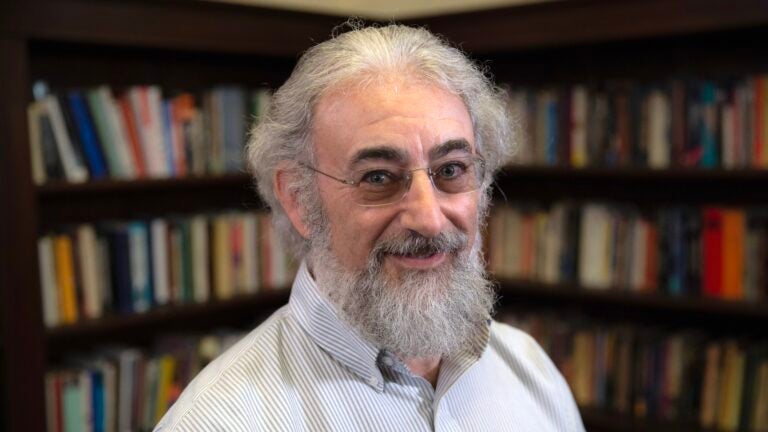
Gracey, Andrew
Associate Professor of Biological Sciences
The primary focus of Andrew Gracey’s research is to understand the effect of factors such as temperature, oxygen concentration, and salinity on the physiological processes of animals, and how these organism-environment interactions affect performance, survival and distribution. His studies explore the nature of adaptive responses and the evolutionary development of stress tolerance in a range of species spanning multiple phyla, including freshwater and marine fish, nematode worms, bivalve mollusks and hibernating mammals.
Link to personal faculty page
E-mail: gracey@usc.edu
Phone: (213) 740-2288
Office: AHF 107
Guzman, Melissa
Gabilan Assistant Professor of Biological Sciences
Melissa Guzman leads the Ecological Data Science lab at USC. In our lab we focus on developing statistical and computational tools that enable us to accurately estimate changes in biodiversity. Our research crosses the disciplinary divide of community ecology, statistics and conservation biology. This work involves combining theoretical models, statistical methods, and empirical studies.
Link to lab website
Link to personal faculty page
E-mail: guzmanur@usc.edu
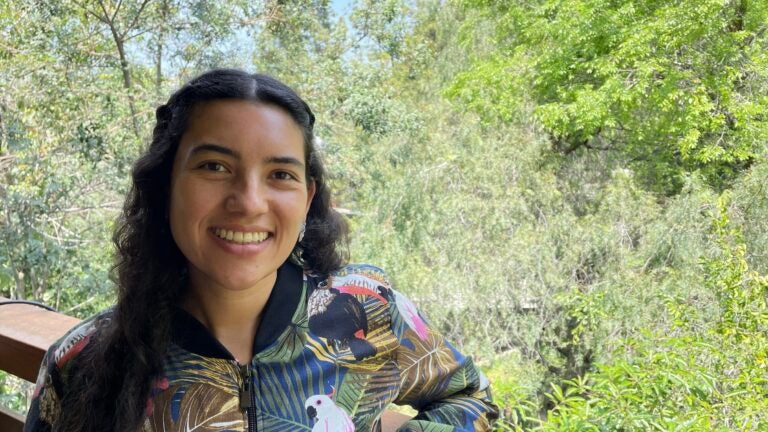
Heidelberg, John
Professor of Biological Sciences and Environmental Studies
Dr. John Heidelberg’s research interests are the field of microbial genomics. Specifically, he is studying the metabolic potential of the common and abundant marine bacteria by sequencing these organisms’ DNA. Because we are unable to bring the vast majority of bacteria into a pure culture, we are unable to use more common microbiological techniques to study these uncultured bacteria. Therefore, Dr. Heidelberg employs on of the newest DNA sequencers to look at the genomes of these bacteria without the need of first growing the bacteria in pure culture.
Link to personal faculty page
E-mail: jheidelb@usc.edu
Phone: (213) 740-5791
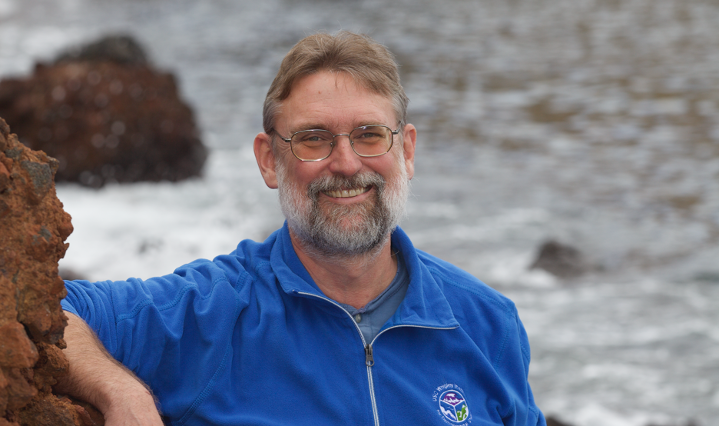
Held, Noelle
Assistant Professor of Biological Sciences
Noelle Held leads the Proteocean Lab at USC. We study cellular decision-making by marine microbes and how this influences their contributions to biogeochemical cycles. We are specialized in environmental proteomics and also use approaches in quantitative biology, molecular biology, and systems biology.
Link to lab website
Link to personal faculty page
E-mail: nheld@usc.edu
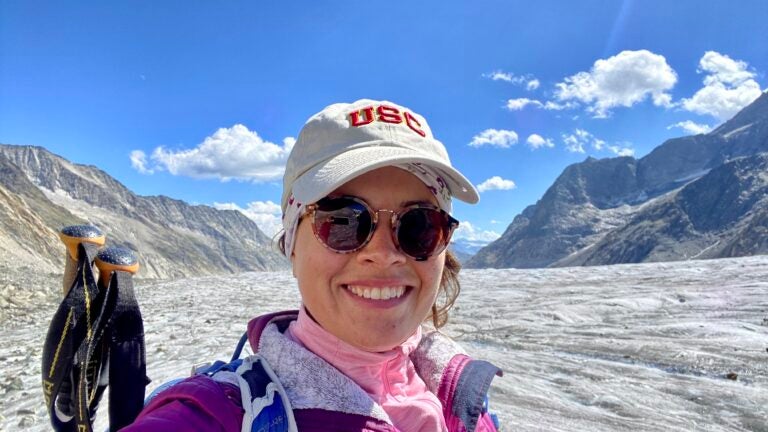
Hutchins, David
Professor and George and Louise Kawamoto Chair of Biological Sciences
Dave Hutchins’ research interests concern marine phytoplankton biology and nutrient and carbon cycling. In general, these projects often involve first building hypotheses based on experimental work with algal cultures in the laboratory. These hypotheses are then tested in experiments with natural communities of plankton onboard research vessels at sea.
Link to personal faculty page
E-mail: dahutch@usc.edu
Phone: (213) 740-5616
Office: AHF 207
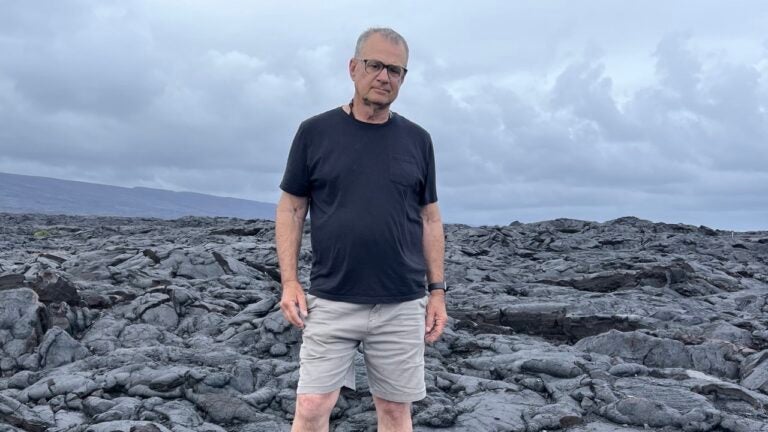
Kenkel, Carly
Wilford and Daris Zinsmeyer Early Career Chair in Marine Studies and Associate Professor of Biological Sciences
I’ve always been fascinated by phenotypic variation, or differences in the observable characteristics of organisms. I study how ecology, or organism-environment interactions, induce or select for different phenotypes and how these ecological interactions influence and are influenced by the evolutionary trajectories of populations and species.
Link to lab website
Link to personal faculty page
E-mail: ckenkel@usc.edu
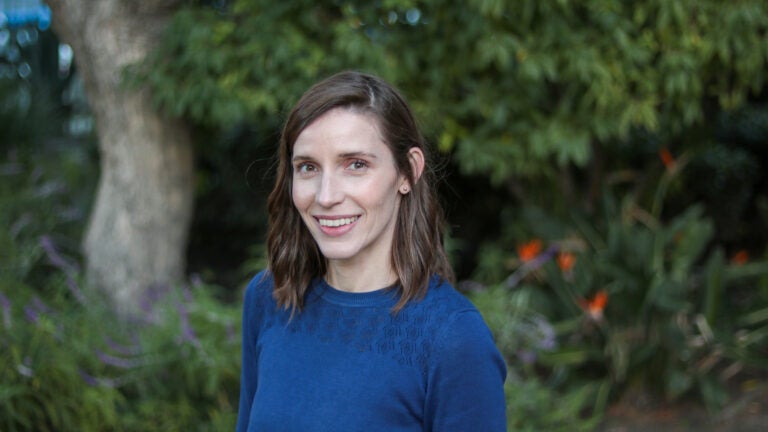
Kiefer, Dale
Professor of Biological Sciences
Professor Kiefer researches the population dynamics of microbial populations in the sea, particularly material and energy flow within planktonic populations of phytoplankton, microzooplankton, and bacteria. He examines how physiological acclimation to the ambient growth environment influences the absorption, scattering, and fluorescence properties of microbial cells.
Link to personal faculty page
E-mail: kiefer@usc.edu
Phone: (213) 740-5814
Office: AHF 342
Levine, Naomi
Associate Professor of Biological Sciences, Quantitative and Computational Biology, and Earth Sciences
Naomi Levine’s research focuses on understanding the interactions between climate and marine microbial ecosystem composition and function. She seeks to illuminate the mechanisms through which climate variability influences microbial systems and to identify how microbial systems in turn impact climate.
Link to lab website
Link to personal faculty page
E-mail: n.levine@usc.edu
Phone: (213) 821-0745
Office: AHF M225
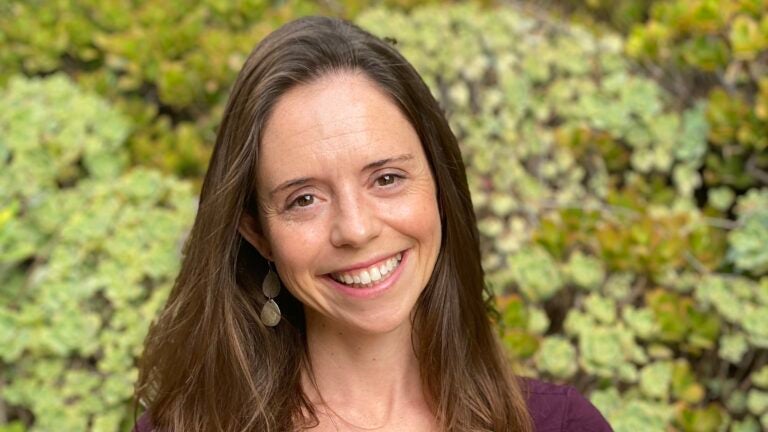
Manahan, Donal
Professor of Biological Sciences
Donal T. Manahan, Ph.D., holds the rank of Full Professor of Biological Sciences at The University of Southern California (USC) in Los Angeles. His research and teaching expertise is in organism-environment interactions, involving studies that span from some of the warmest to the coldest places on Earth.
Link to personal faculty page
E-mail: manahan@usc.edu
Phone: (213) 740-5793
Office: AHF 210
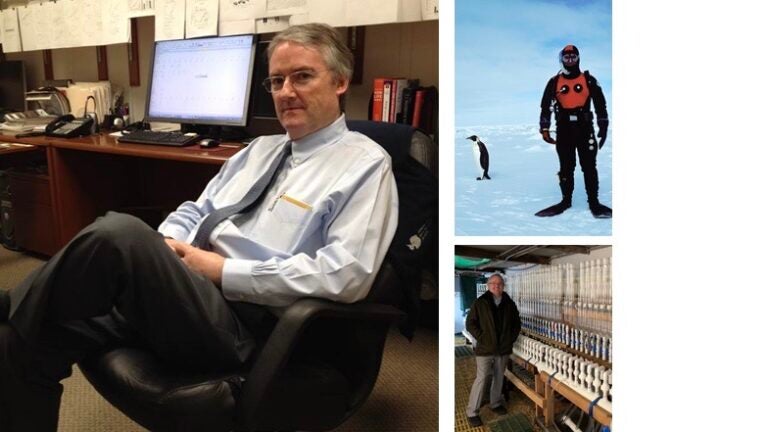
Moffett, James
Professor of Biological Sciences, Earth Sciences, and Civil and Environmental Engineering
Geochemistry of the oceans, Speciation and redox chemistry of trace elements in natural waters, with emphasis on transport processes and catalytic processes.
Link to personal faculty page
E-mail: jmoffett@usc.edu
Phone: (213) 740-5626
Office: AHF 204
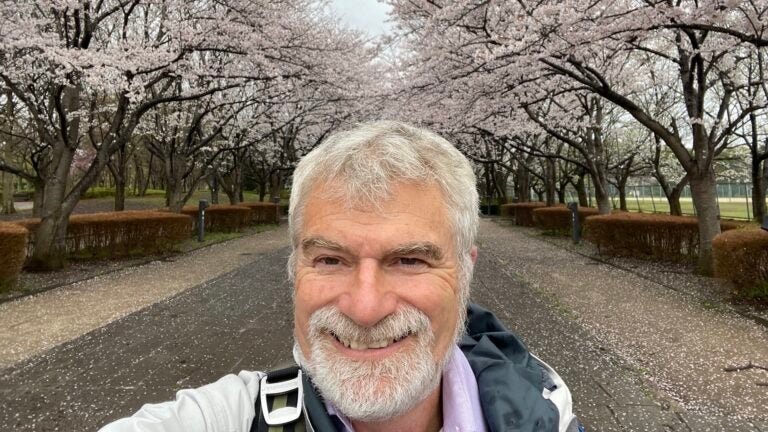
Pennell, Matthew
Associate Professor of Quantitative and Computational Biology and Biological Sciences
Use of phylogenetic trees, graphical depictions of historical relationships, to study evolution at multiple scales—from the grandest (e.g., the origin of major groups of organisms) to the smallest (e.g., the transmission of viruses and the development of the adaptive immune system within an individual) of scales. While superficially disparate, these projects all revolve around a few common themes: aiming to define the outer boundaries of our knowledge and understand what we can and cannot learn about evolution from different types of data.
Link to lab website
Link to personal faculty page
E-mail: mpennell@usc.edu
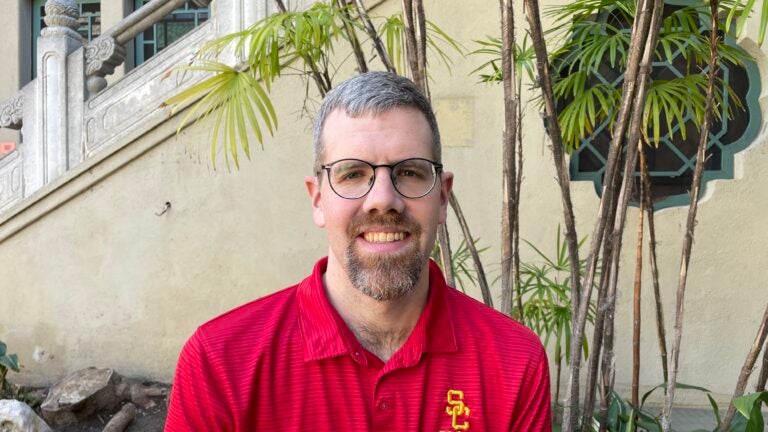
Sanudo-Wilhelmy, Sergio
Professor of Biological Sciences and Earth Sciences
The general focus of my research group is environmental biogeochemistry. We are trying to elucidate how bioactive substances influence specific biological processes (e.g., carbon and nitrogen fixation) as well as phytoplankton dynamics (species composition and abundance) in different aquatic systems.
Link to personal faculty page
E-mail: sanudo@usc.edu
Phone: (213) 821-1302
Office: AHF 206
Schwartzman, Julia
Assistant Professor of Biological Sciences
Emergent multicellular behaviors are common in the microbial world. Our work on cellular behavior takes inspiration from bacteria that live in coastal marine ecosystems. We currently do not understand how to predict key ecosystem-level functions such as the rate at which bacteria cycle nutrients or the specificity with which they form symbiotic associations, but this information will be critical to understanding how coastal ecosystems respond to effects of climate change and human activity. The Schwartzman group addresses this challenge using a combination of genomics, genetics, and quantitative light microscopy.
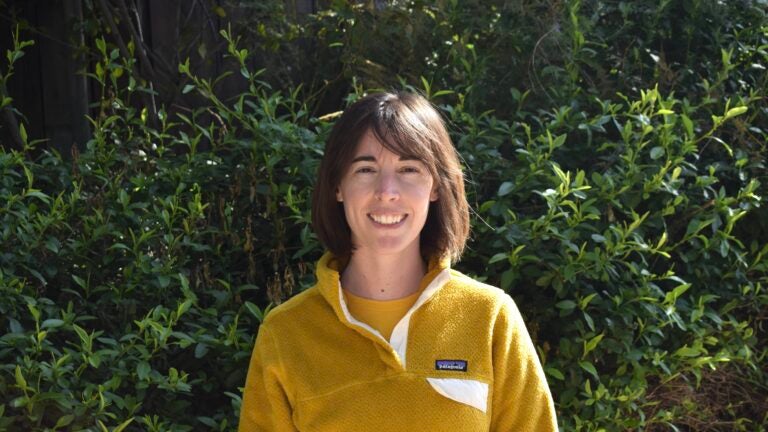
Thrash, Cameron
Associate Professor of Biological Sciences
The Thrash lab researches the genomics and physiology of marine bacterioplankton. They specialize in high-throughput dilution-to-extinction cultivation and experimentation with pure cultures, along with multi-omics approaches.
Link to lab website
Link to personal faculty page
E-mail: thrash@usc.edu
Office: AHF 209
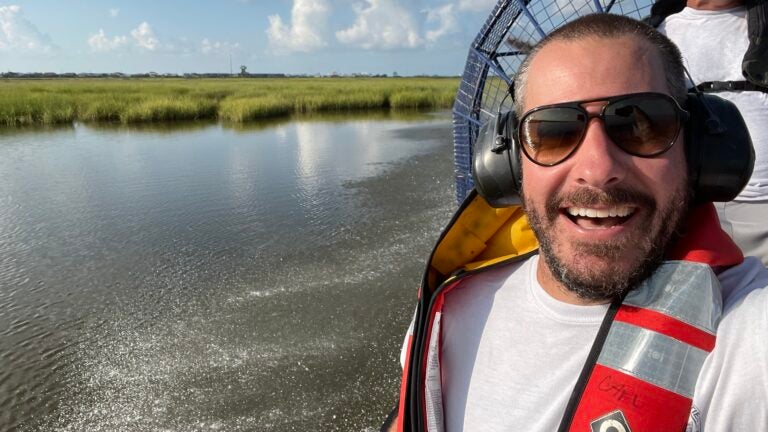
Webb, Eric
Professor of Biological Sciences and Environmental Studies
Marine cyanobacterial physiology, ecology, and genomics. Development of molecular methods to monitor nutrient and trace metal stress in situ in marine cyanobacteria; Molecular characterization of the Fe scavenging system of marine cyanobacteria and heterotrophic bacteria; secondary metabolite production (antibiotics and toxins) by marine and estuarine cyanobacteria.
Link to personal faculty page
E-mail: eawebb@usc.edu
Phone: (213) 740-7954
Office: AHF 137
